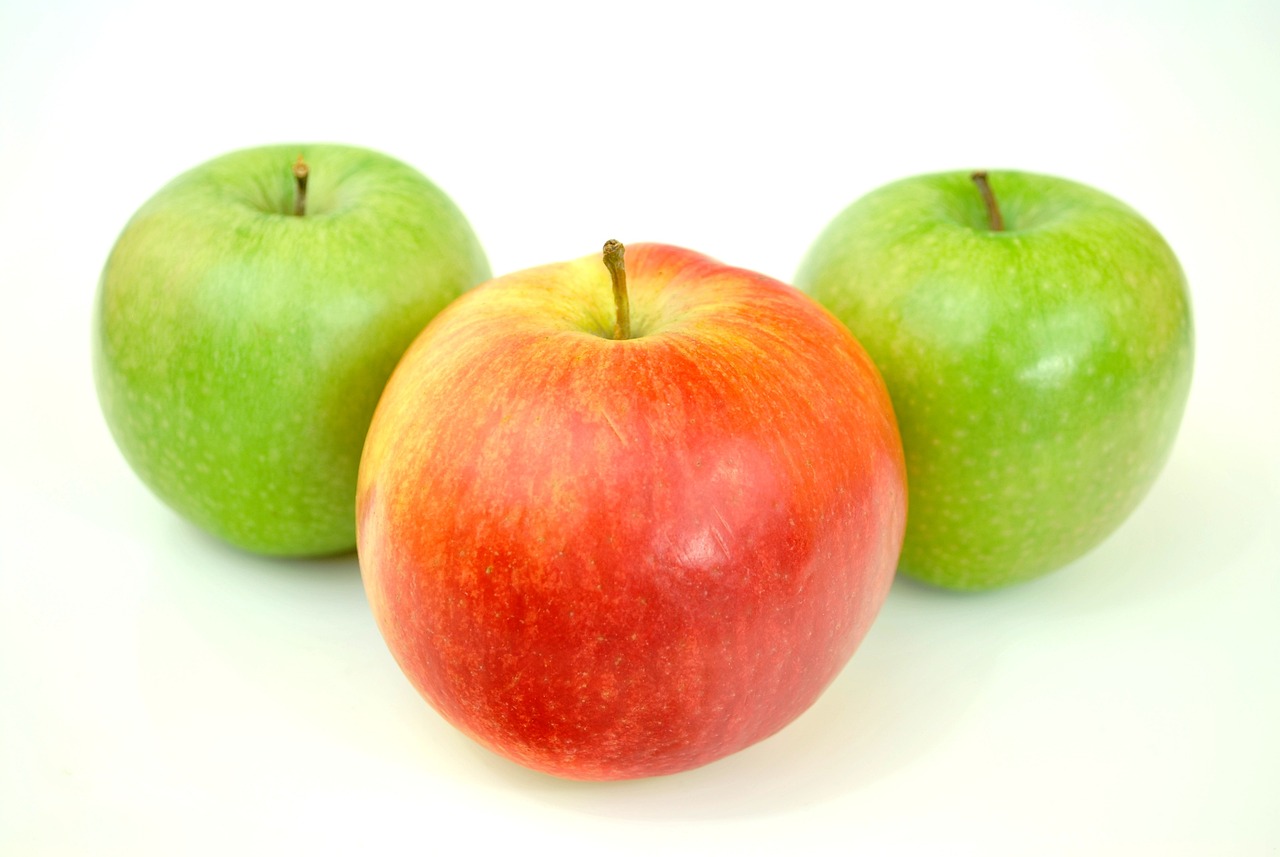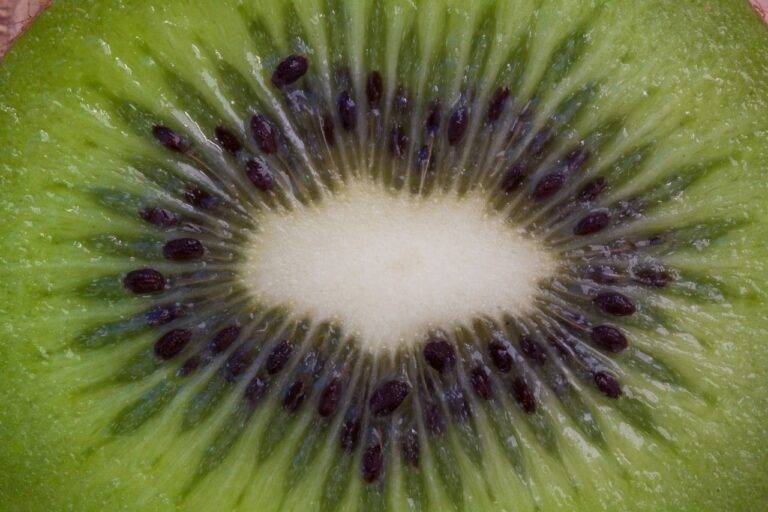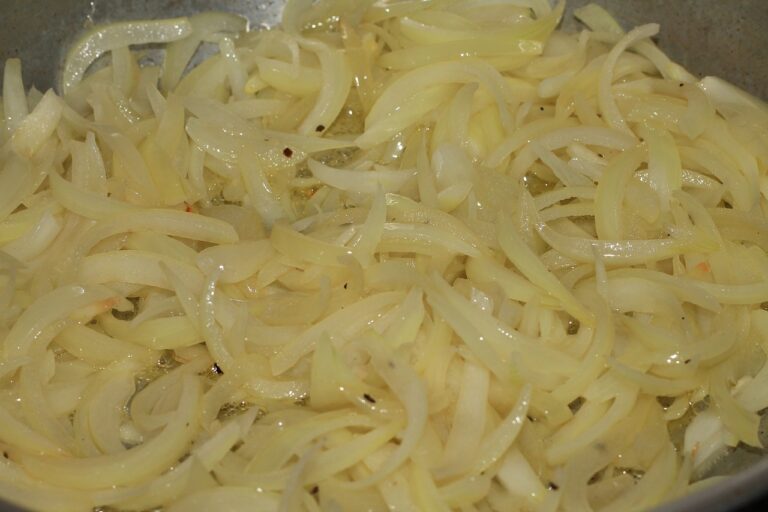IoT and Smart Farming: Enhancing Agricultural Productivity
In today’s rapidly evolving world, technology has become an indispensable tool for modern agriculture. Utilizing innovative solutions has enabled farmers to optimize their production processes, improve crop yields, and enhance overall efficiency. The integration of technology in agriculture not only streamlines operations but also contributes to sustainable practices by minimizing resource wastage and environmental impact.
From advanced machinery and equipment to precision farming techniques, technology has revolutionized the way agriculture is conducted. Farmers now have access to a plethora of tools such as drones, sensors, and automated systems that facilitate monitoring and management of crops with greater precision and accuracy. These technological advancements empower farmers to make data-driven decisions, mitigate risks, and adapt to changing market demands swiftly.
• Precision farming techniques have enabled farmers to optimize the use of resources such as water, fertilizers, and pesticides
• Integration of sensors in fields allows real-time monitoring of crop health and environmental conditions
• Automated systems help in tasks like irrigation scheduling, pest control, and harvesting
• Drones provide aerial imagery for assessing crop health and identifying areas that need attention
Revolutionizing Traditional Farming Methods
Traditional farming methods have long been the cornerstone of agriculture, relying on manual labor and basic tools to cultivate crops and raise livestock. However, the agricultural industry is undergoing a significant transformation with the introduction of technology. This technological shift is revolutionizing the way farmers approach their work, leading to increased efficiency and productivity on the farm.
By integrating modern innovations such as drones, sensors, and automated machinery, farmers can now monitor their crops and livestock more effectively, leading to better decision-making and improved outcomes. These technologies allow farmers to collect real-time data on various aspects of their operations, enabling them to respond quickly to changing conditions and optimize their processes for maximum yield. Furthermore, the use of precision agriculture techniques minimizes waste, reduces environmental impact, and ultimately enhances the sustainability of farming practices.
Increasing Efficiency through Data Analytics
Data analytics is revolutionizing the agricultural industry by providing farmers with valuable insights that were previously inaccessible. Through the analysis of large datasets, farmers can make informed decisions regarding crop selection, planting schedules, and resource allocation. This allows for precise and efficient farming practices, leading to increased productivity and higher yields.
By harnessing the power of data analytics, farmers can optimize their operations to reduce waste and improve sustainability. Through real-time monitoring of crop conditions, weather patterns, and market trends, farmers can fine-tune their strategies to maximize output while minimizing costs. This proactive approach not only benefits the farmers economically but also has a positive impact on the environment by promoting responsible and resource-efficient farming practices.
How can data analytics help increase efficiency in agriculture?
Data analytics can help farmers make informed decisions based on real-time data such as weather patterns, crop yield, soil health, and resource utilization. This can lead to optimized farming practices and increased productivity.
What are some examples of how data analytics is revolutionizing traditional farming methods?
Some examples include precision agriculture techniques such as GPS-guided tractors, drones for crop monitoring, and sensors for monitoring soil moisture levels. These technologies help farmers identify areas for improvement and make more accurate decisions.
How important is technology in agriculture today?
Technology plays a crucial role in modern agriculture by helping farmers increase efficiency, reduce waste, and improve sustainability. From automated irrigation systems to smart monitoring devices, technology is transforming the way we produce food.
How can farmers leverage data analytics to improve crop yield?
By analyzing data on weather conditions, soil health, and crop performance, farmers can identify patterns and trends that can help them make better decisions. This can lead to optimized planting schedules, improved nutrient management, and ultimately higher crop yields.
What are the potential benefits of integrating data analytics into farming practices?
Some potential benefits include increased productivity, reduced costs, better resource management, improved sustainability, and greater profitability. By leveraging data analytics, farmers can make more informed decisions that lead to better outcomes for their operations.







